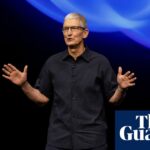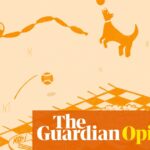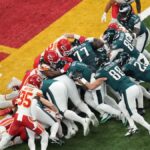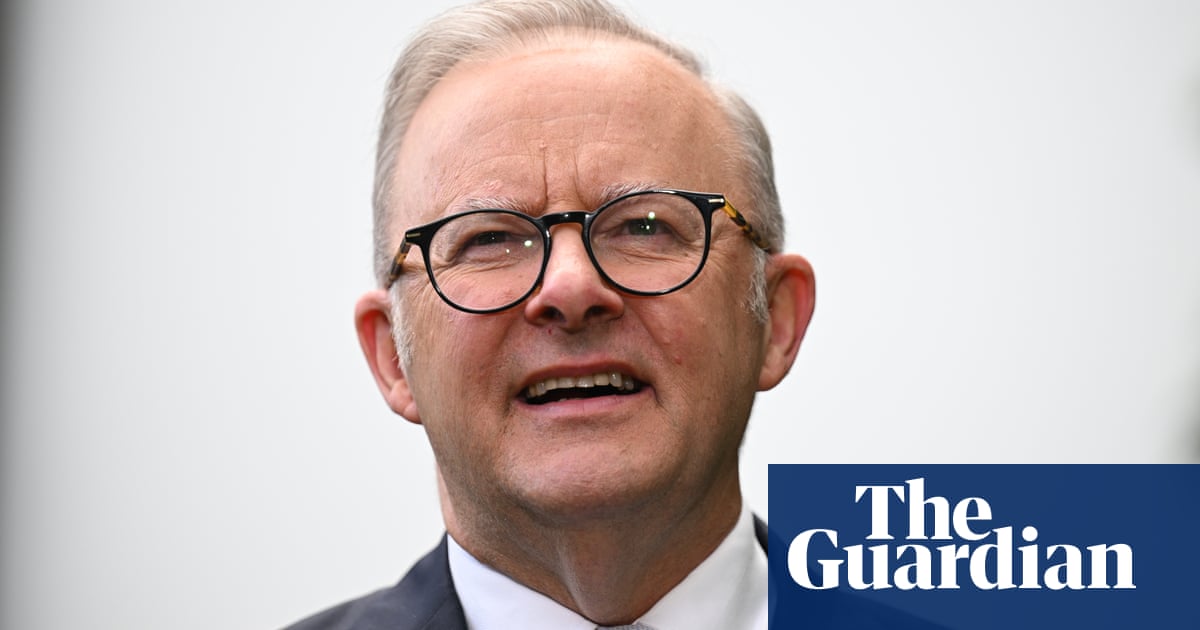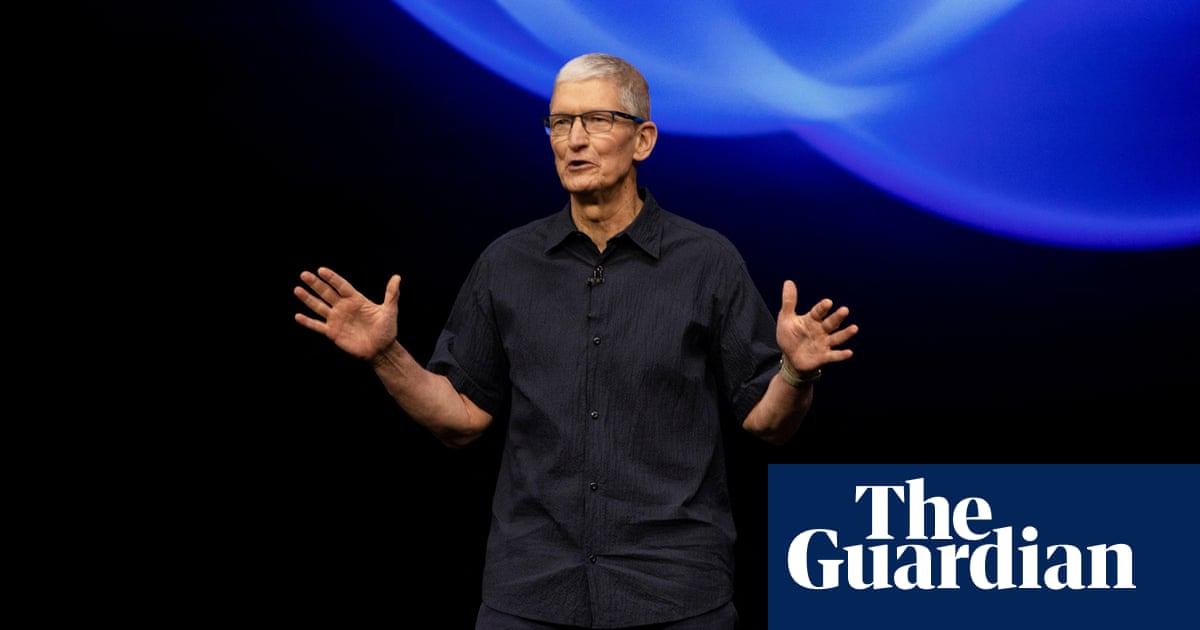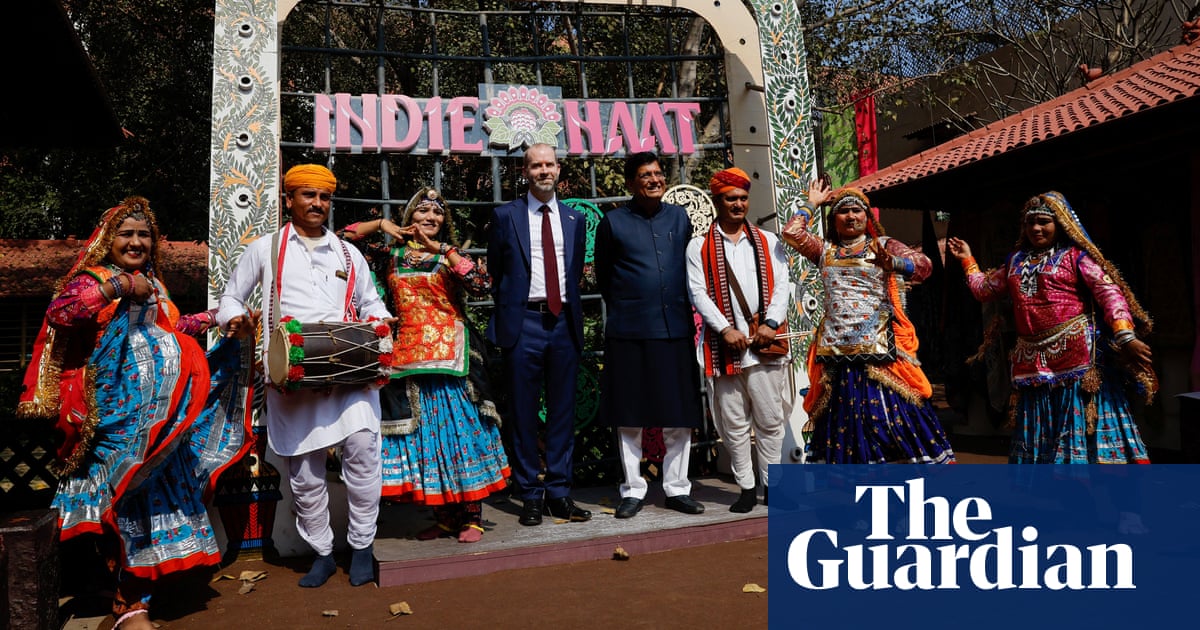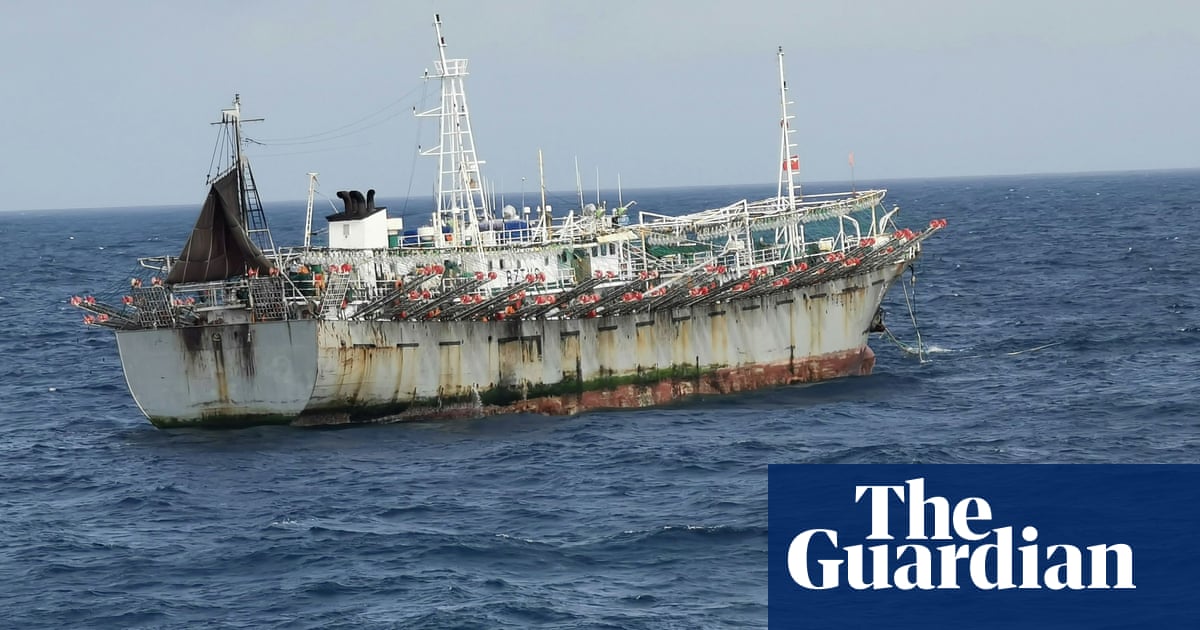Anthony Albanese says he is confident that the US would defend Australia if it were to come under attack, despite the change in leadership in the US, but that Australia needed to look after its own security and would make its own decisions on foreign policy, including on support for Ukraine.
The comments came on a special edition of the ABC’s Q&A on Monday night, in which the prime minister took questions from members of the public on foreign affairs, the cost of living crisis, housing and social cohesion, in a bid to win over voters ahead of the election being called.
Albanese was quizzed about the change of leadership in the US and criticisms that he has not been strong enough in denouncing some of Donald Trump’s statements.
“I’m not going to give a running commentary on all of what Donald Trump says,” said Albanese. “That would take up a fair portion of the time.” But he said that Australia had a guarantee that the US would defend it if needed. “We do, we have an Anzus agreement and an alliance with the United States.”
Asked if he thought the agreement was “rock solid”, the prime minister replied simply “yes”.
“We, of course, need to ensure that we look after our own security, that’s one of the things that we did with the defence force posture review,” he said. “The US is an important ally of Australia, but we need to make sure that our defence is up to scratch.”
Albanese said that Australia will continue to support Ukraine as it defends against Russian invasion, regardless of the US’s changing stance on the war.
“Australia decides what our position on Ukraine is, and the Australian position is very clear, which is: we understand that the struggle of the Ukrainian people is about their national sovereignty, but it’s also about the international rule of law,” he said, citing Australia’s $1.5bn in financial support for Ukraine to date.
“If a big, powerful country can just go across borders, then the implications of that are global… We stand with the Ukrainian people.”
Albanese refused to be drawn on when the federal election would be held, but he made his pitch to the country, selling his government as one that has restored a struggling economy and restored Australia’s position internationally.
“Why do we deserve another term? Because when we came into government, inflation has six in front of it, now it’s got a two in front of it,” he said, also citing record creation of jobs, real wage increases, tax cuts, and cutting the debt by $200bn.
“If you don’t get the economy right, you don’t get other things right,” he said.
Albanese gave a glimpse of what will likely be his stump speech of the campaign, spruiking the government’s commitment to universal child care, climate change and women’s economic equality.
“We’ve restored our position with the world as well,” he said. “We were pariahs, we were in the naughty corner in international forums like the Pacific, we’ve restored those relationships.”
Albanese addressed Dutton’s announcement on Sunday that the Coalition would match Labor’s $8.5bn funding boost to Medicare, which will expand the bulk-billing incentive and make access to GPs cheaper.
Albanese disagreed with a comment by host Patricia Karvelas that “It’s being matched by Peter Dutton, though, so you get it either way, right?”
“No,” said Albanese. “Because [the Coalition] said before 2013, remember they got elected, Tony Abbott, famously [said] ‘No cuts to health, no cuts to education’. First budget: $80bn [of budget cuts] – 50 [billion] off hospitals, 30 [billion] off education.”
In a tense moment early in the hour, Albanese received an intense grilling over his response to antisemitic attacks in Australia, with a Jewish audience member accusing him of “doing nothing” in response to attacks targeting Jewish people across the country.
Albanese condemned anti-semitism as “abhorrent and completely unacceptable to the Australian ethos, to who we are” in response to the question, which came from a woman called Janet, who described herself as a Jewish mother of four boys and who asked when it would be safe for them to openly identify as Jews in Australia.
The prime minister said he had visited the Adass Israel School school on Monday afternoon and when asked what reception he had received he said “terrific, very positive, and whenever I’ve engaged with the community it has been positive, very appreciative”.
Janet shook her head and, misunderstanding which visit he was referring to, said that when the prime minister had visited the Adass Israel synagogue in Melbourne after it was subject to a terrorist arson attack in December, said: “You didn’t get a warm welcome. People heckled you and you left very quickly.”
“I was referring to today,” said a defensive Albanese. “I had a very warm welcome at the president’s home… and with all of the community leaders who were there.”
